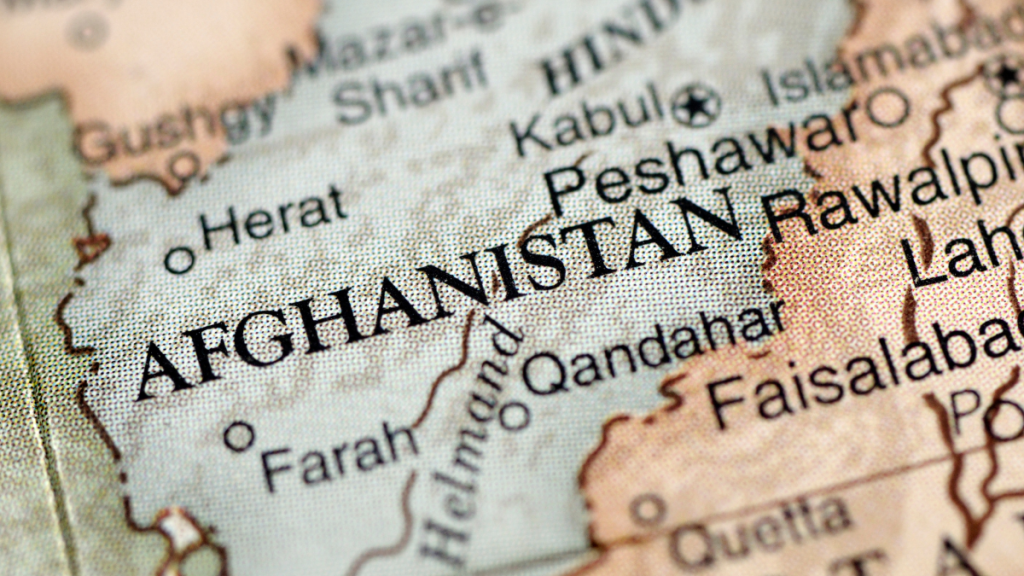Contents
On This Day: December 27, 1979 – The Soviet Invasion of Afghanistan Begins
On this day, December 27, 1979, the Soviet Union launched its invasion of Afghanistan, a pivotal event that changed the course of history. With the support of local collaborators, the Red Army sought to dominate and impose its ideology on Afghan soil. However, the resilient Afghan people, united in faith and determination, courageously resisted this aggression, sacrificing their lives, wealth, and livelihoods for the cause of jihad and national sovereignty.
The Graveyard of Empires
After nine grueling years of struggle, hardship, and unwavering commitment, the Soviet forces were driven out, suffering a humiliating defeat. This historical victory solidified Afghanistan’s reputation as “The Graveyard of Empires,” a land where freedom and faith prevail over oppression.
Today, we honor the sacrifices of those who fought for independence and reflect on the enduring spirit of the Afghan people who continue to defend their homeland with unwavering resolve. Let this day remind us of the unyielding strength and unity that define Afghanistan’s legacy.

For centuries, Afghanistan has stood as a symbol of unyielding resistance, earning its place in history as “The Graveyard of Empires.” This title is not merely a phrase but a testament to the indomitable spirit of its people who have repelled foreign aggressors time and again, from the British Empire to the Soviet Union, and more recently, the United States and NATO forces.
The Soviet Invasion: A Turning Point in History
Forty-five years ago, on 6 Jadi, 1358 of the Solar Hijri Calendar (December 27, 1979), the Soviet Union launched a massive invasion of Afghanistan. Backed by local collaborators, the Red Army sought to impose its ideology and strategic interests. However, this incursion was met with fierce resistance. The Afghan people’s faith, unity, and determination to protect their religion, culture, and sovereignty led to a nine-year-long jihad that culminated in the Soviet withdrawal in 1989.
The cost of resistance was immense. Millions of Afghans became martyrs, refugees, or displaced persons. Yet, their sacrifices ultimately resulted in a humiliating defeat for one of the world’s superpowers, marking Afghanistan as the graveyard of yet another empire.
Lessons of Resilience and Faith
The Soviet-Afghan War was more than a conflict—it was a statement to the world that no power, no matter how mighty, can subjugate a nation that values its faith and freedom above all else. The Islamic Emirate of Afghanistan continues to honor the sacrifices of its martyrs and veterans, reminding future generations of their sacred duty to defend their homeland and religion.
Afghanistan Today: Continuing the Legacy
In the modern era, under the leadership of the Islamic Emirate of Afghanistan, the nation remains steadfast in preserving its independence and Islamic values. The return of the Taliban to power in 2021 following the withdrawal of U.S. and NATO forces further reinforces Afghanistan’s historical reputation as a land that cannot be conquered or subdued.
While challenges remain, Afghanistan’s recent history is a testament to the unbroken will of its people. The Islamic Emirate has committed itself to rebuilding the country while adhering to its faith, urging its citizens to stay united against any form of oppression or invasion.
A Message to the World
Afghanistan’s story serves as a powerful reminder: A nation rooted in its beliefs and culture cannot be vanquished. The sacrifices made during the Soviet invasion and subsequent conflicts are a call to future generations to remain vigilant and unwavering in their defense of their homeland.
Afghanistan will always be a beacon of resistance and resilience—a graveyard for empires that dare to trample on its sovereignty.
Trichomoniasis: Symptoms, Causes, Treatment, and Prevention
Source : history.state








